Target Malaria Uganda Press Kit
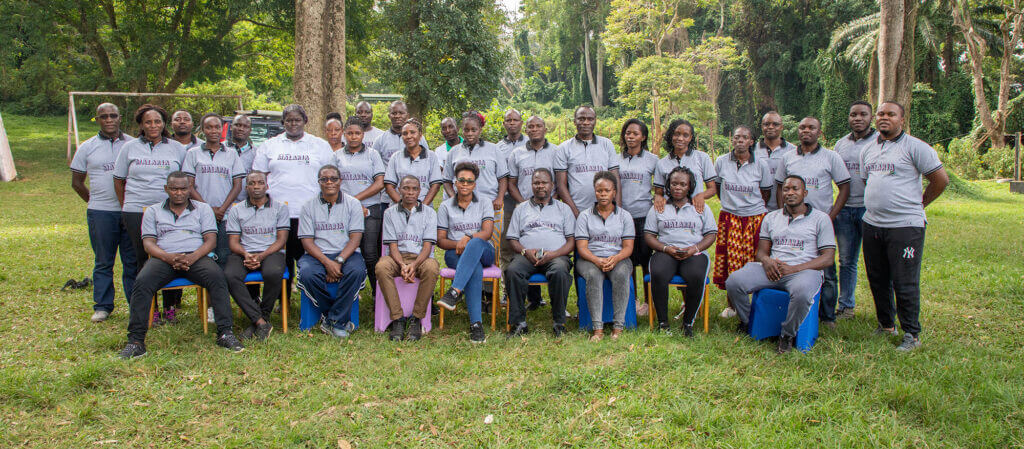
Malaria, a public health burden in Uganda
Malaria is still a public health burden in Uganda, accounting for 13,2 million infections and about 16,204 deaths yearly as shown by the World Health Organization’s (WHO) 2025 World Malaria Report.
Malaria places a heavy burden on Uganda’s public health system and economy. 90% of Uganda’s population is at risk of malaria infection. Uganda is one of the 11 African countries concentrating two thirds of global malaria cases and deaths: Burkina Faso, Cameroon, Democratic Republic of the Congo, Ghana, Mali, Mozambique, Niger, Nigeria, Sudan, United Republic of Tanzania and Uganda. Sub-Saharan Africa is still the most affected by malaria, with 90% of cases globally. However, despite significant progress the past decades, efforts to combat malaria are stalling.
Existing methods to combat malaria, such as insecticide-treated nets, insecticides, and antimalarial drugs, have helped tremendously to reduce the malaria problem in Africa but, unfortunately, are not enough to eradicate malaria from Africa.
Various types of research are carried out to contribute to eliminating malaria by 2030, as advocated by WHO in its global technical strategy document for the fight against malaria 2016-2030, and Target Malaria is part of this effort.
Target Malaria Uganda is located in Entebbe, at the Uganda Virus Research Institute (UVRI), an institute specialising in health research on human infections and disease processes associated with or linked to viral aetiology.
With all regulatory approvals in place, Target Malaria successfully imported the non gene drive male bias mosquito in May 2024 to conduct contained studies on the UVRI campus in Entebbe. This is an important milestone for Target Malaria’s work in Uganda. It is also the first importation and research on genetically modified mosquitoes in Uganda.
Spokespeople from Uganda

Jude Thaddeus Bigirwenkya
Stakeholder Engagement Manager

Krystal Mwesiga Birungi
Research and Outreach Associate

Dr. Jonathan Kayondo
Principal Investigator

Dr. Martin Lukindu
Post-Doctoral Research Associate

Dr. Charles Mugoya
Regulatory Affairs Manager for Africa
Our activities in Uganda
Follow us on social media
Photos & Videos
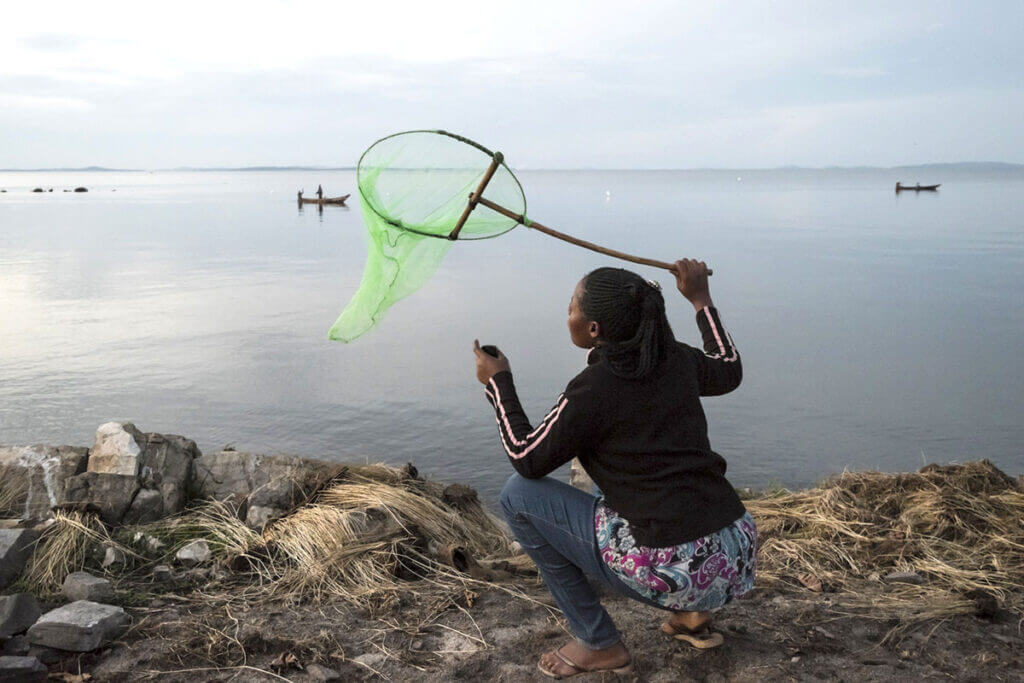
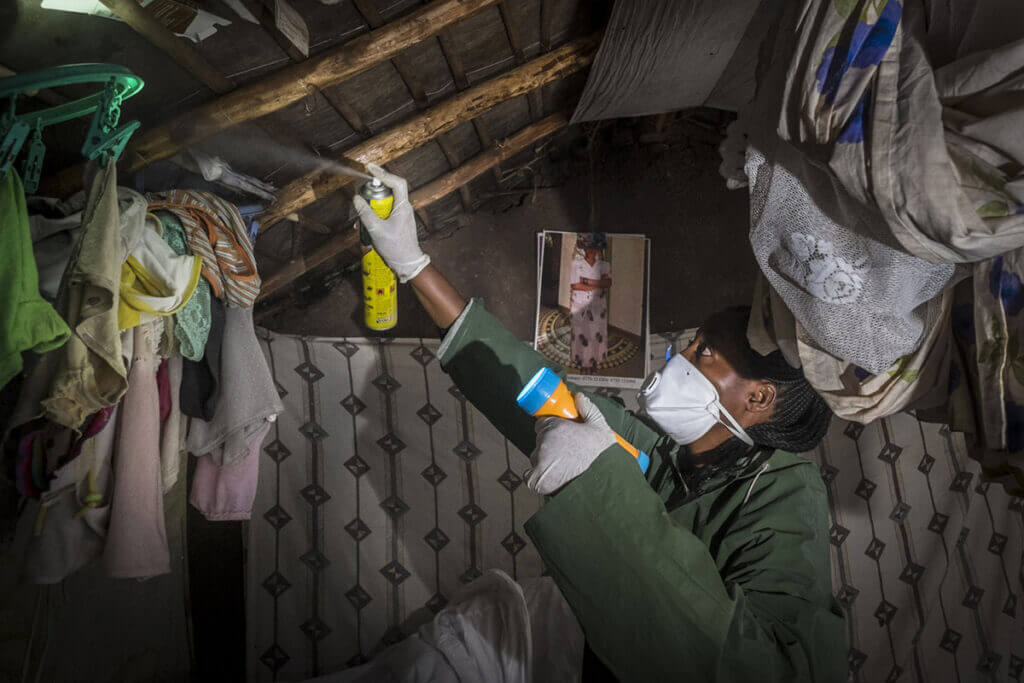
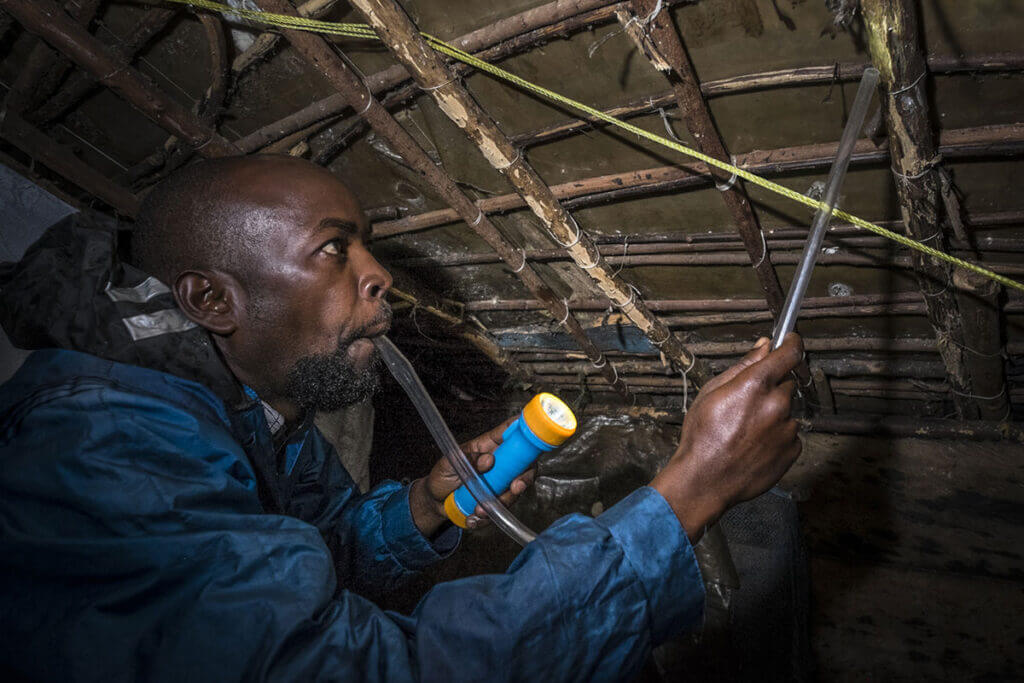


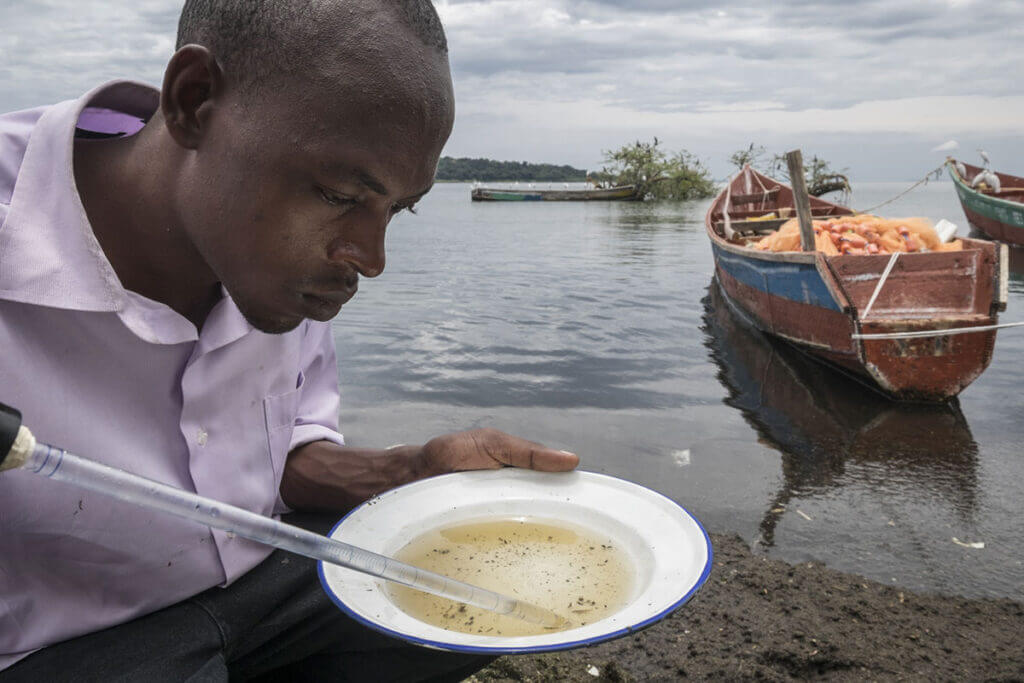

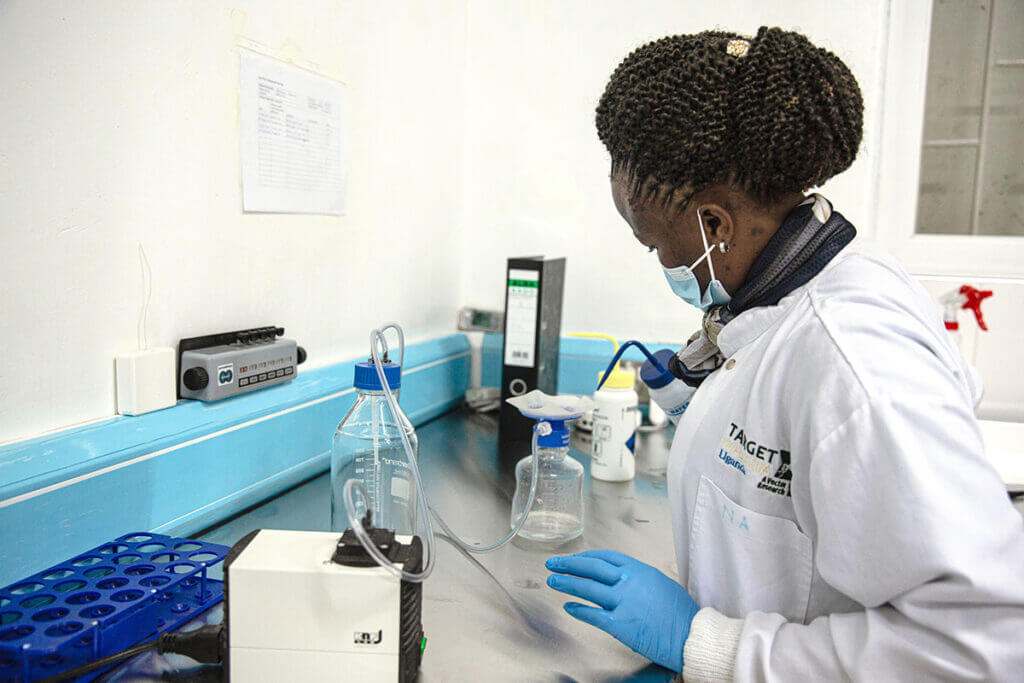
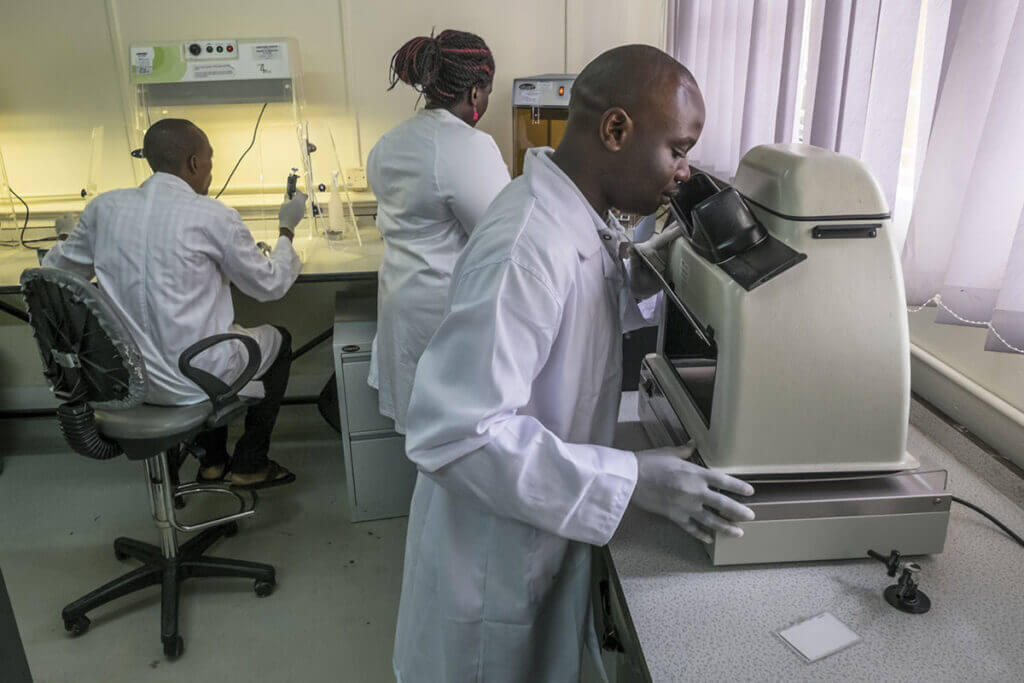
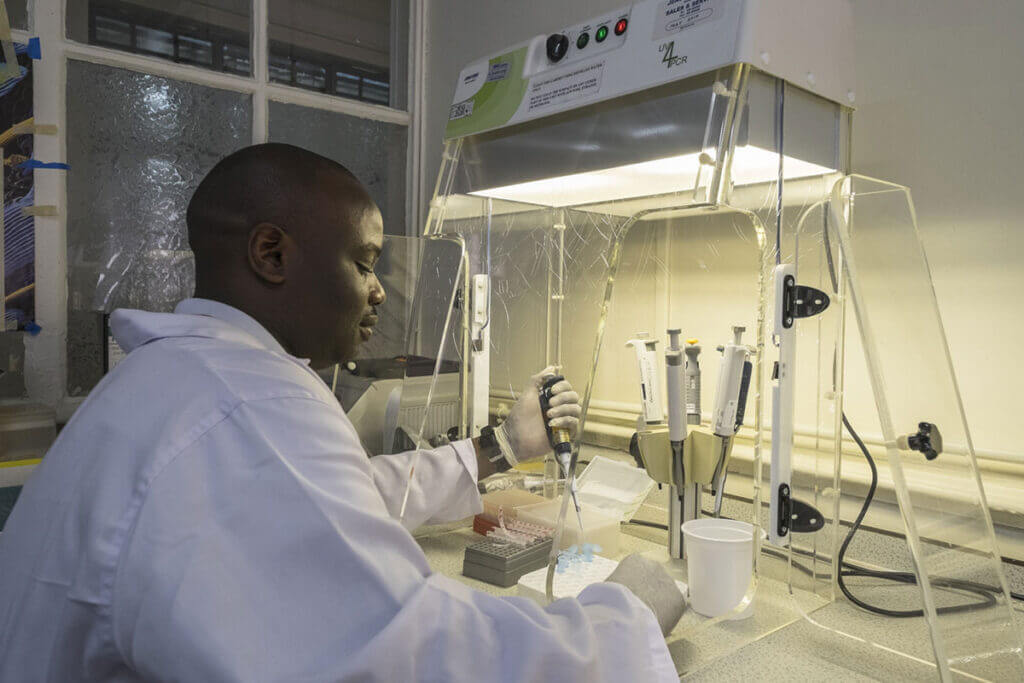
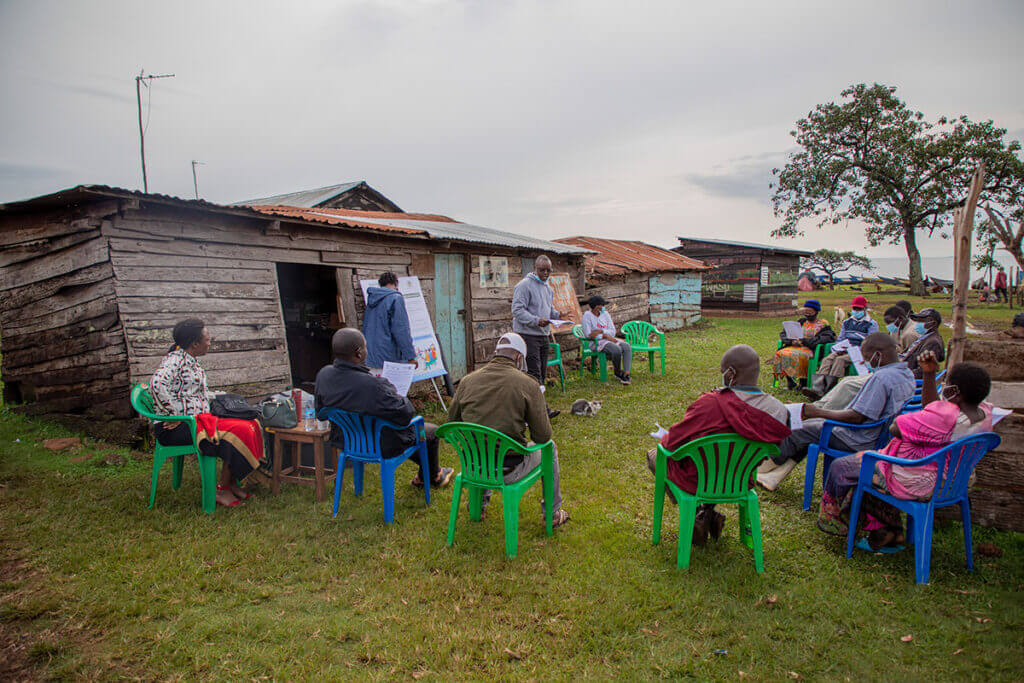
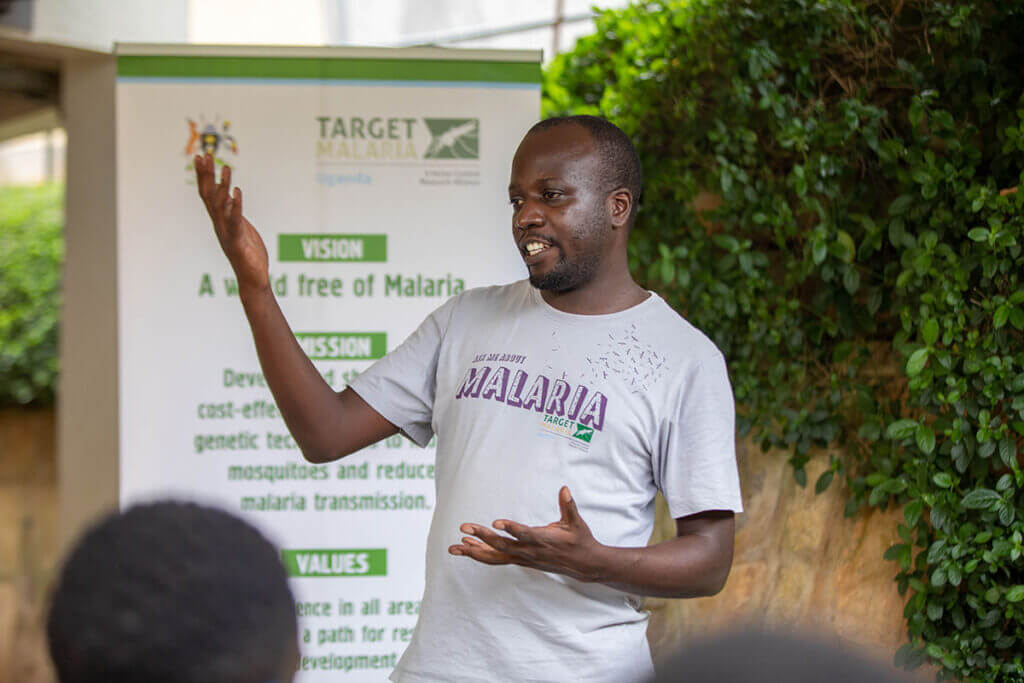
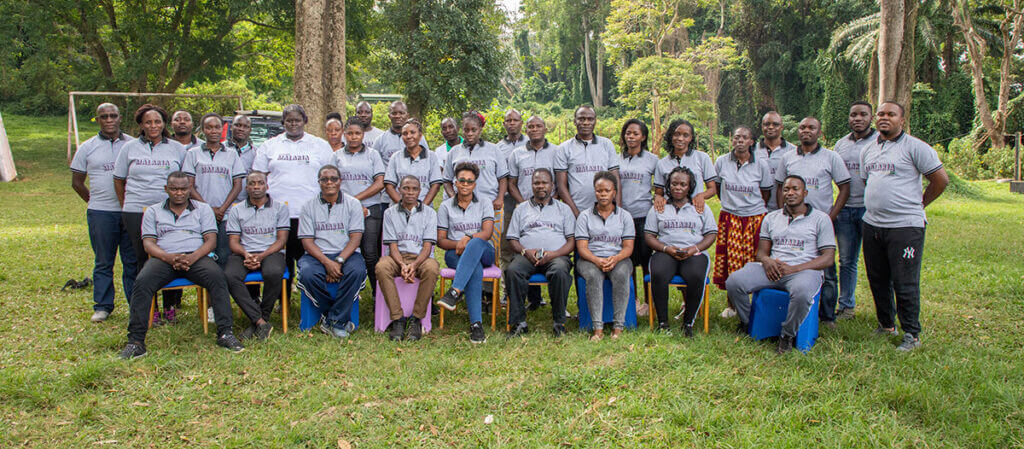
Media coverage

Smithsonian Magazine – January 22, 2026
Three Stunning Ways Biologists Aim to Edit Animal and Plant Genes to Fight Diseases and Extinction
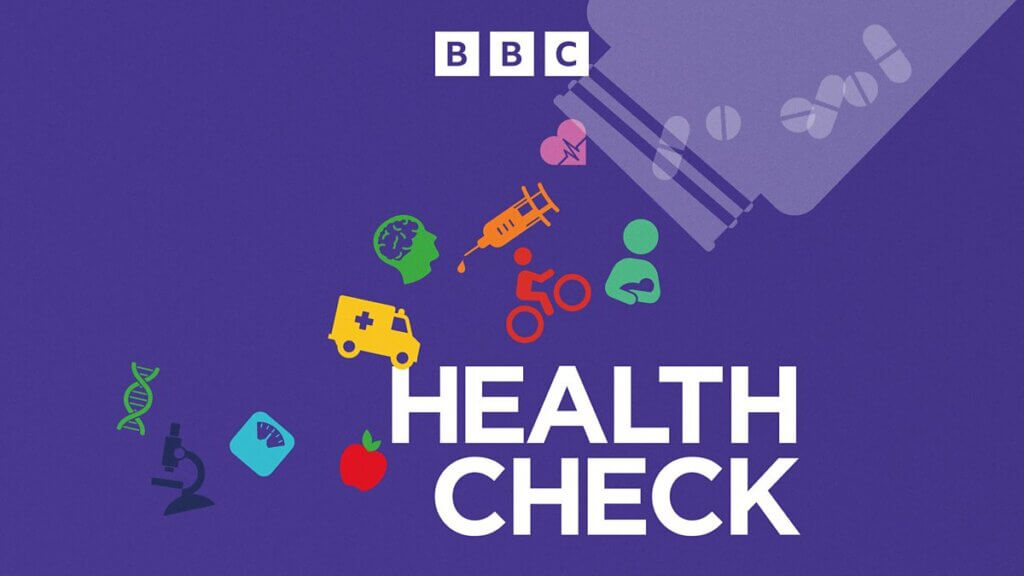
BBC World Service – December 31, 2025
How can we eliminate malaria?

Forbes – October 14, 2025
New Innovations Transform The Fight Against Malaria

Maurice Info – September 15, 2025
Krystal Birungi, nommée leader de la Fondation Obama pour 2025-2026

Business Ghana – September 15, 2025
Krystal Birungi of Target Malaria Uganda/UVRI Announced as 2025-2026 Obama Foundation Leader

Healthcare Rising – September 11, 2025
A new tool could transform malaria control in Africa

Daily Monitor – August 21, 2025
There’s need for concerted effort to fight mosquito-borne diseases
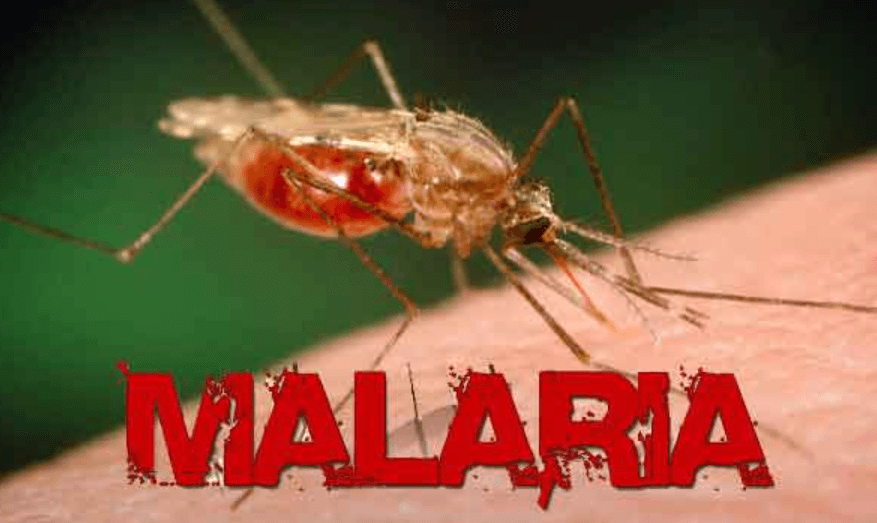
Punch Nigeria – August 21, 2025
Group pushes gene drive to end malaria scourge

leSoleil – August 08, 2025
On pourrait bientôt éliminer les moustiques. Mais le devrait-on?
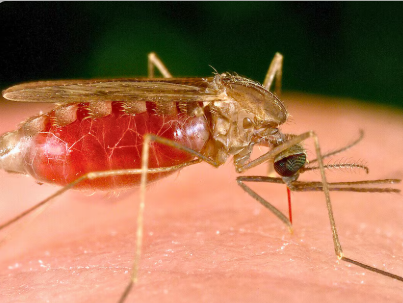
CKNW – June 24, 2025
Should we eliminate a species of mosquito to eradicate malaria?
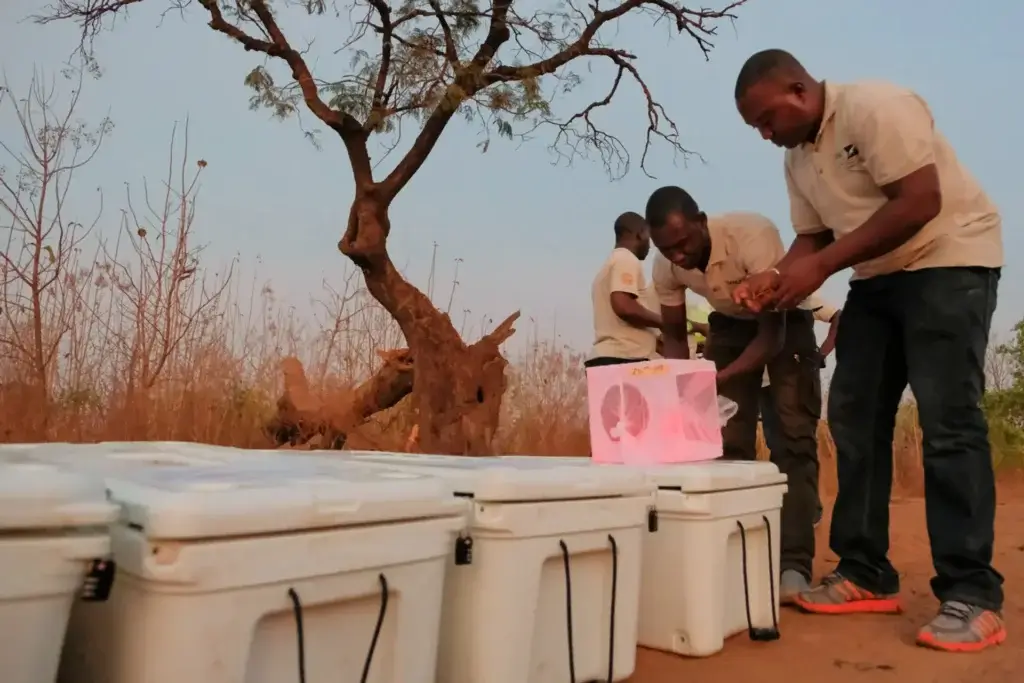
Semafor – June 24, 2025
Gene drive and mosquitoes: Turning a deadly foe into an ally

The Star – June 23, 2025
Create legal path for gene drive mosquitoes, experts say

Felix Online – June 20, 2025
From research on plastics to malaria: the Great Exhibition Road Festival returns
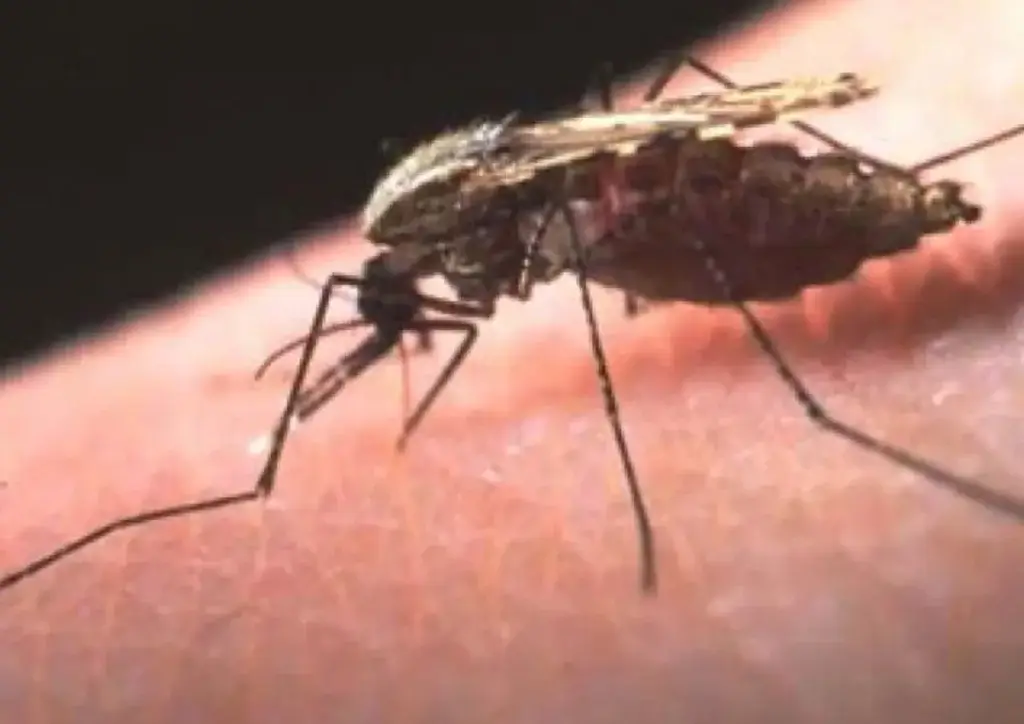
Agenzia Giornalistica Italia – June 20, 2025
La malaria da cambiamento climatico causerà 550mila morti

Science Africa – June 19, 2025
Regulatory Harmonization, Community Engagement Key to Malaria Gene Drive Rollout

EnviroNews Nigeria – June 18, 2025
Climate change puts goal of eliminating malaria by 2030 in jeopardy
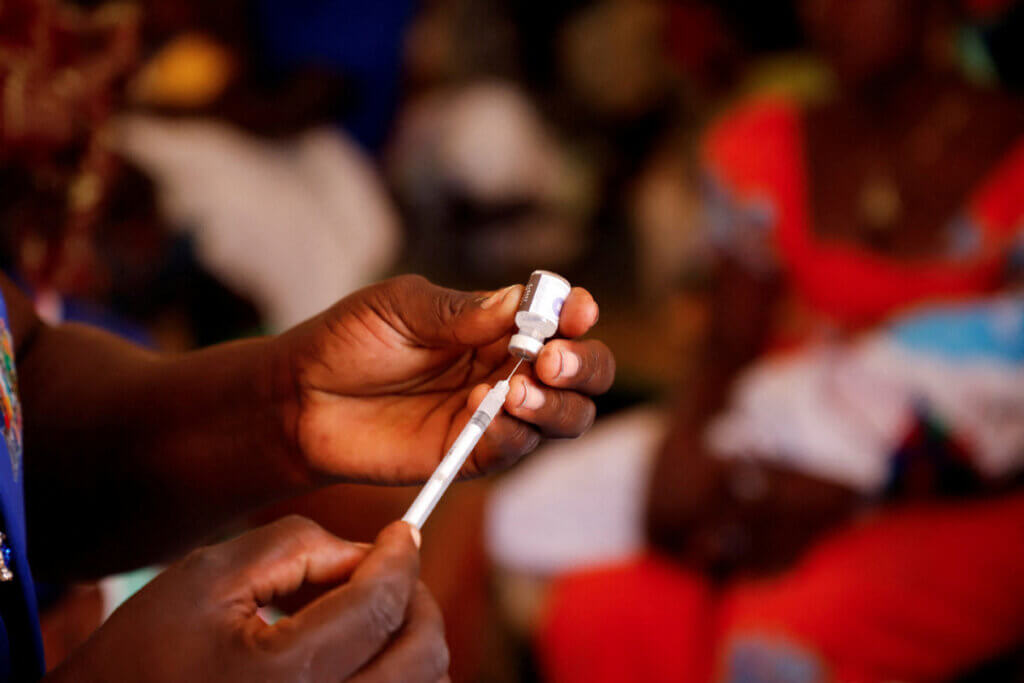
China Daily – June 18, 2025
Africa faces over 500,000 malaria deaths amid worsening climate crisis

Agence de Presse Ivoirienne – June 18, 2025
Le changement climatique compromet l’objectif d’élimination du paludisme d’ici 2030 (Experts)

CKNW – June 05, 2025
Will mosquitoes be soon a thing of the past?

Washington Post – June 04, 2025
We finally may be able to rid the world of mosquitoes. But should we?
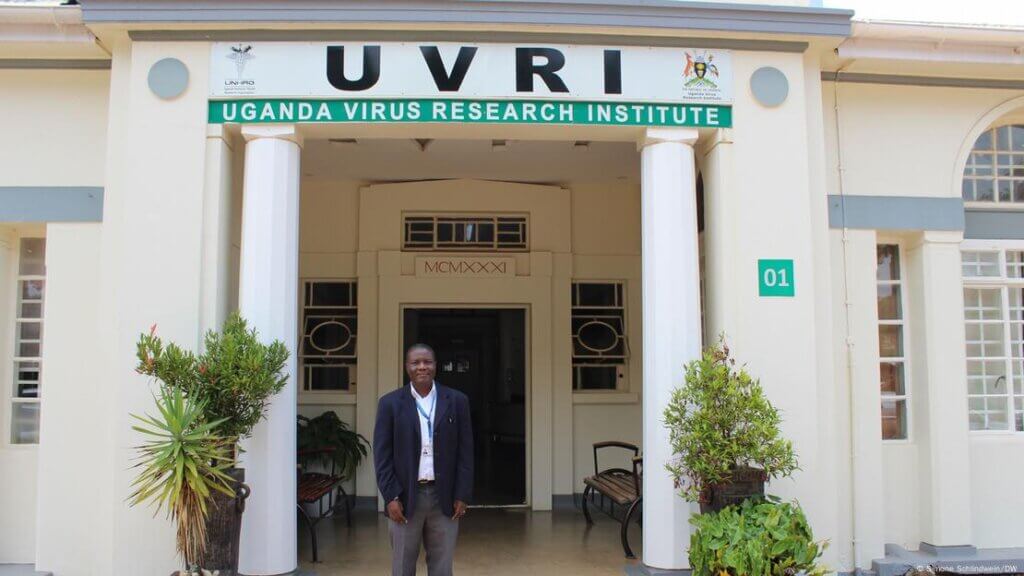
Deutsche Welle – May 30, 2025
Uganda: Mit genmanipulierten Mücken gegen Malaria
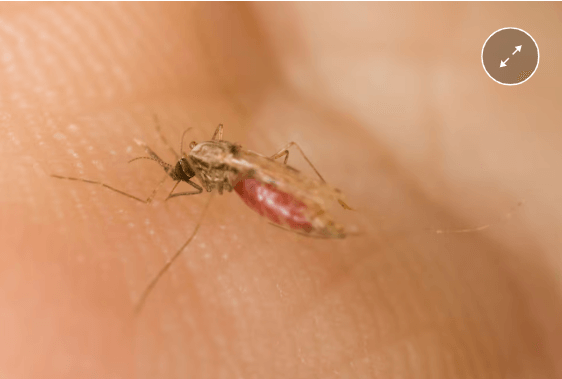
EL PAÍS – May 27, 2025
Should we wipe out the pests now that we can?
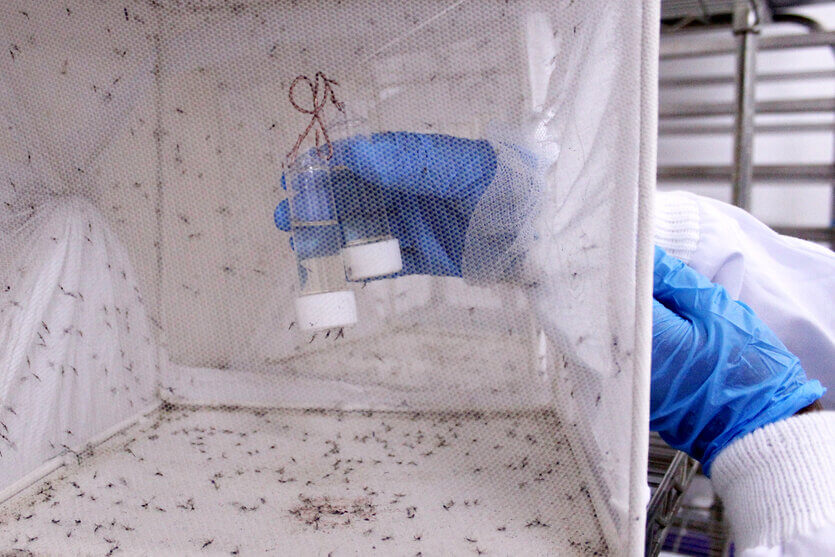
TAZ – May 26, 2025
Ungefährliche Moskitos

Punch – May 12, 2025
11 African countries record two-thirds of malaria deaths — Report

Gene Literacy Project – May 09, 2025
Malaria and Africa: Could gene-edited gene drives contain the scourge or are they an ecological threat and a boon to global corporations?

Uganda News Line – April 29, 2025
Biting back: How Modified Mosquitoes Could End Uganda’s Malaria Crisis
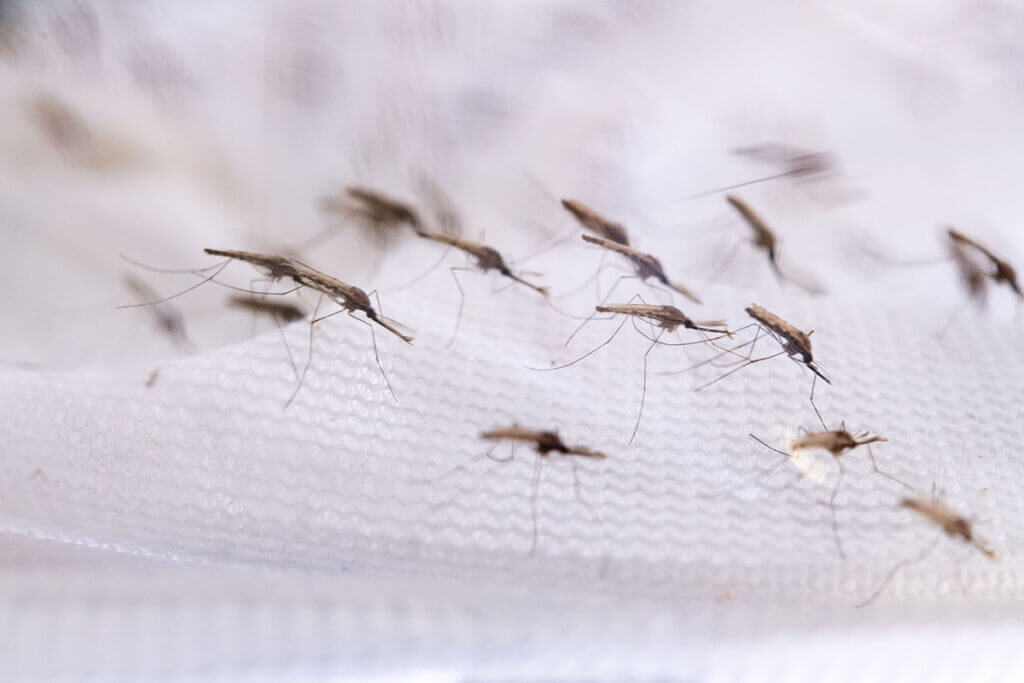
New Vision – April 29, 2025
Malaria ends with us
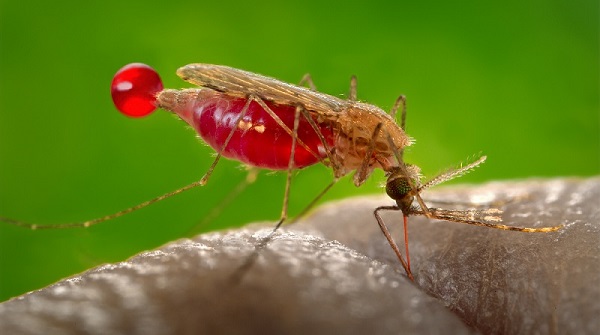
Tower Post – April 24, 2025
Malaria is an African problem and Africa Must Find the Solution
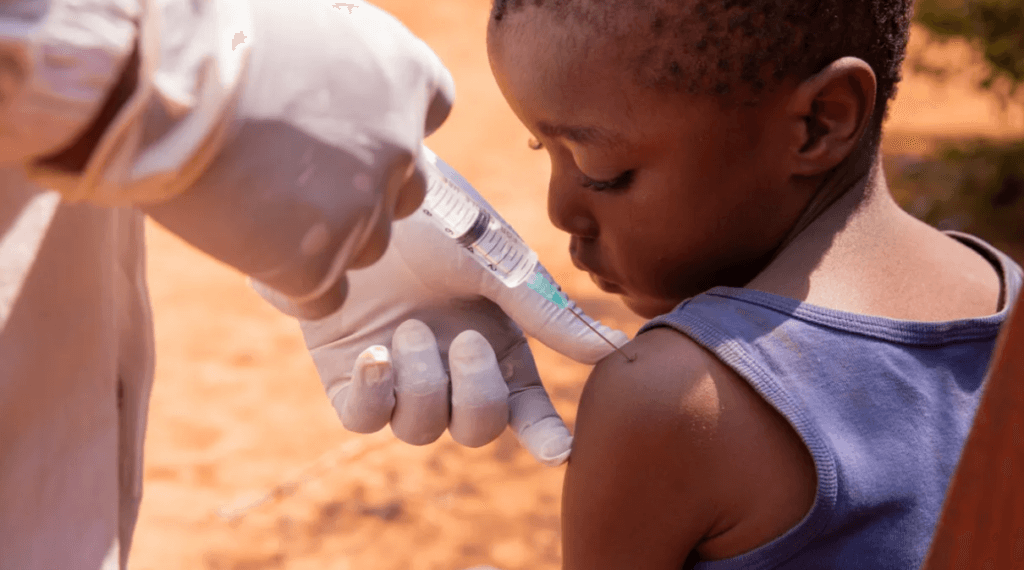
The Cool Down – April 09, 2025
Officials issue urgent warning as deadly disease prompts historic vaccine rollout: ‘We must work together’
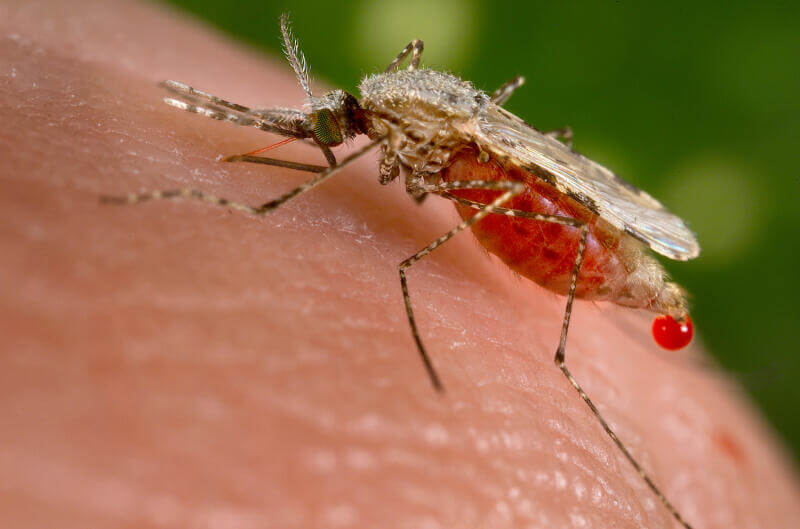
News Excavator – April 09, 2025
Anopheles Stephensi- invasive Malaria Vector posing threat in Africa

Gateway News – April 09, 2025
Malaria can end with our Generation

The Monitor – April 07, 2025
Plan to breed lab mosquitoes stirs buzz

New Vision – April 02, 2025
Uganda grapples with malaria burden amidst promising innovations
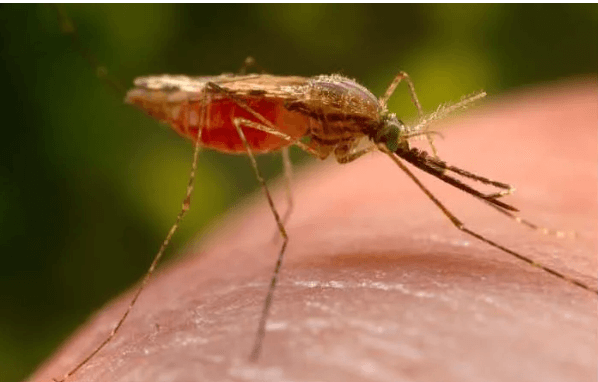
Gateway News – February 10, 2025
Human Behaviour, Science can together defeat Malaria

The New York Times – December 16, 2024
For the Sake of 600,000 Children, Science Must Be Bold
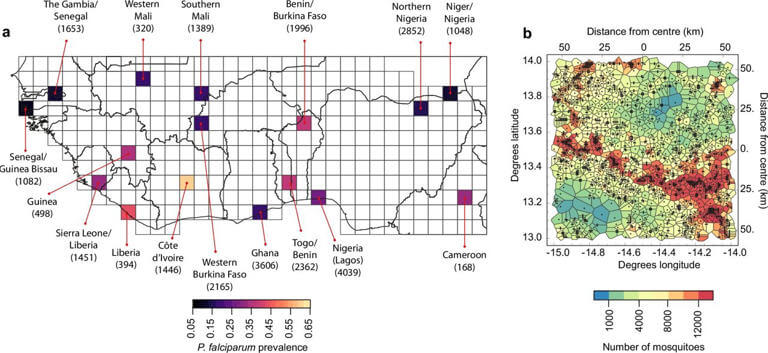
MSN.com – December 04, 2024
Mathematical modeling study demonstrates gene drives could boost malaria control when added to intervention package
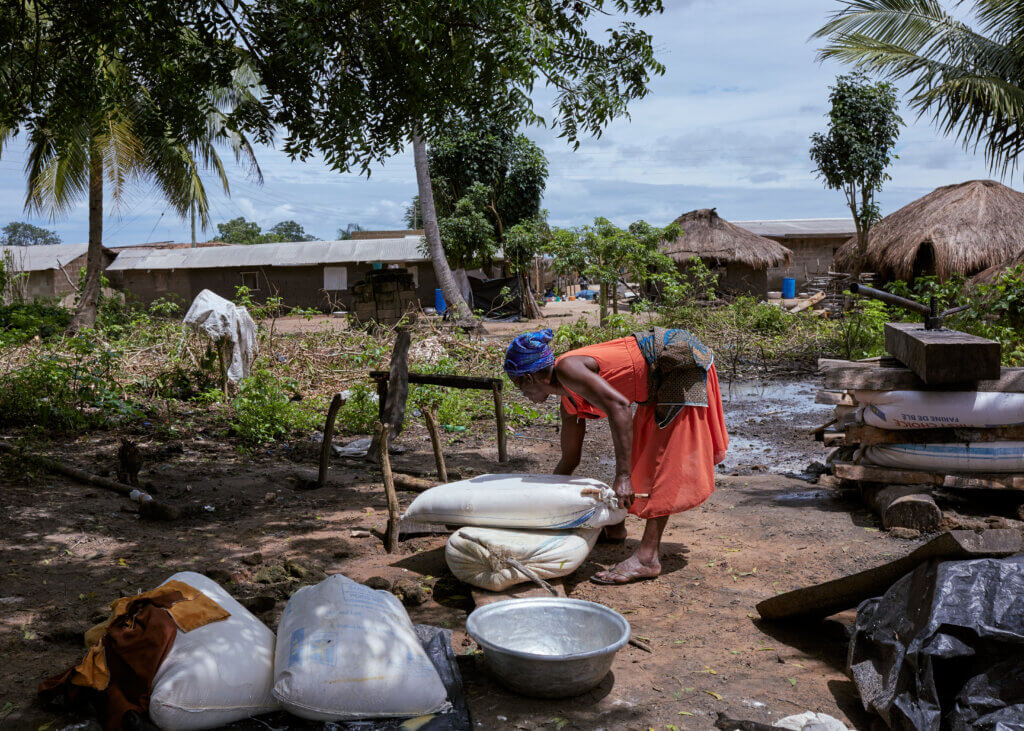
News Ghana – November 25, 2024
New mathematical modelling study demonstrates gene drives could boost malaria control when added to intervention packages including new bed nets and vaccines
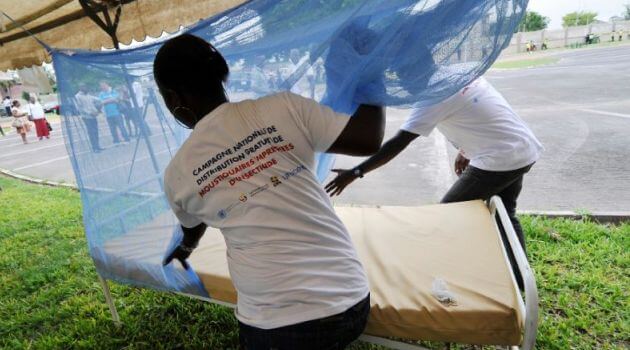
Capital FM – September 16, 2024
Experts discuss role of gene modification in combating malaria

African News Agency – September 16, 2024
African scientists warn of surge in mosquito-borne diseases amid climate change
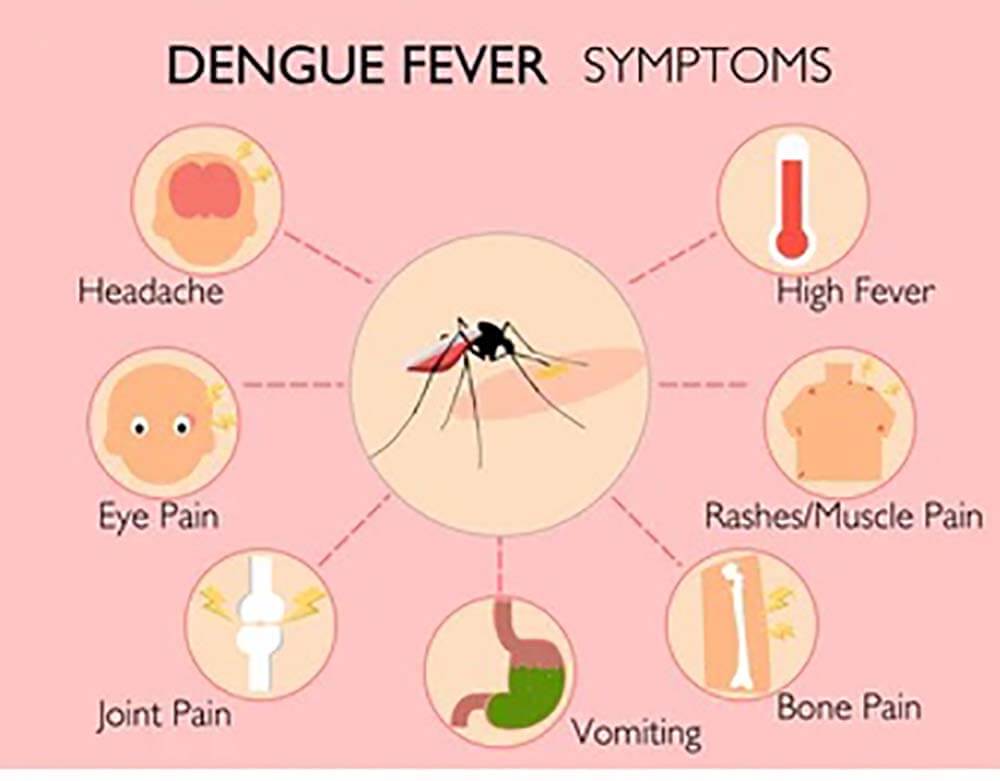
New Vision – September 16, 2024
Dengue or malaria? Distinguishing mosquito-borne diseases?
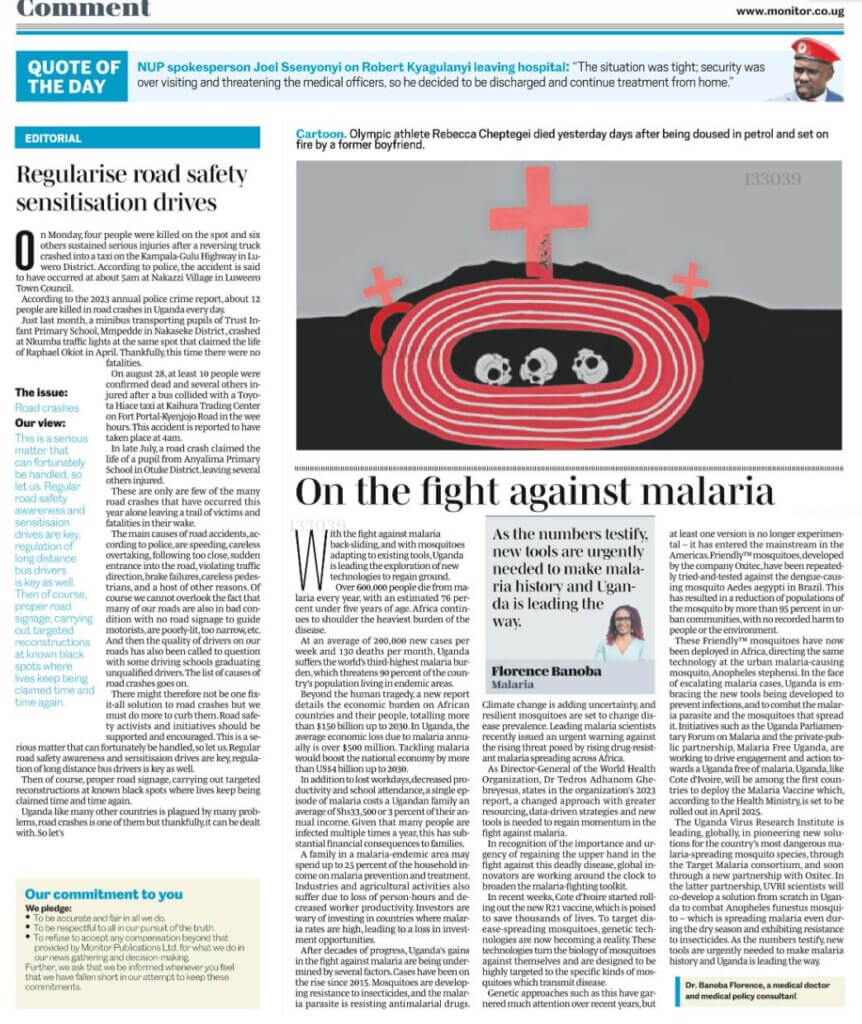
Daily Monitor – September 09, 2024
On the fight against malaria
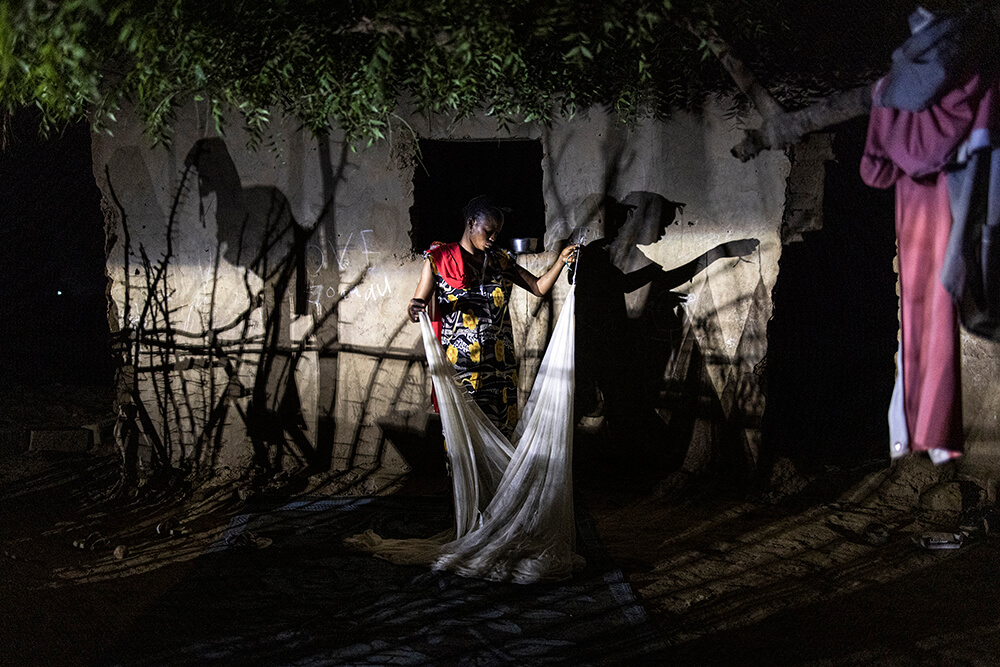
New Vision – August 21, 2024
The Weight of Malaria: Silent Crisis in Hoima

EL PAÍS – August 20, 2024
La ciencia avanza, pese a la burocracia, en la revolución de los mosquitos transgénicos para acabar con la malaria

Blue Marble – April 26, 2024
What’s going on with malaria around the world?
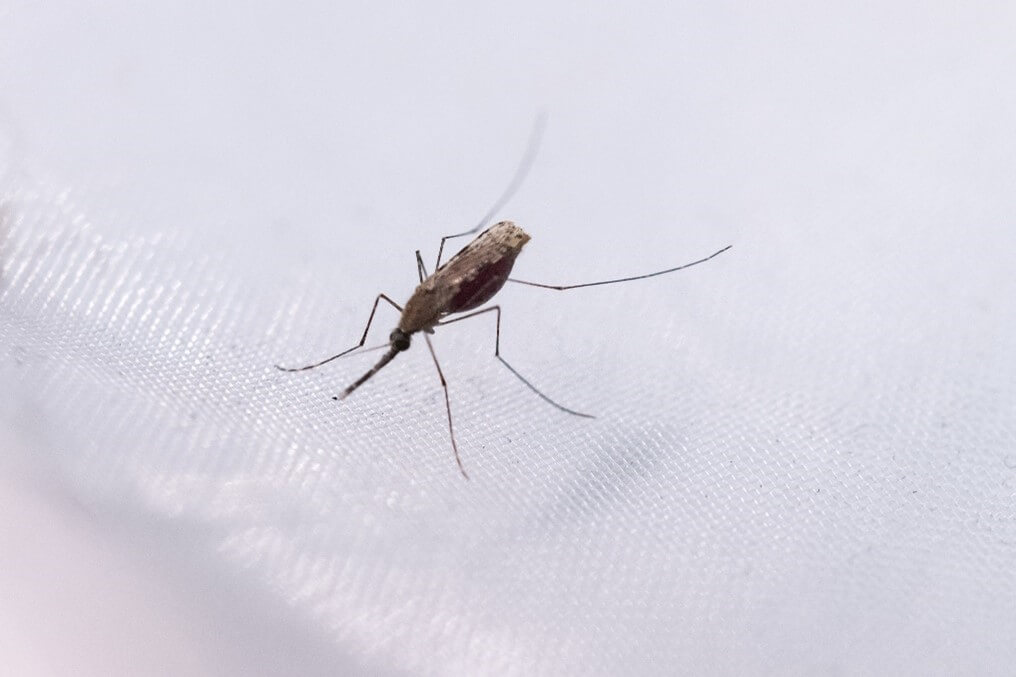
Huffington Post – April 25, 2024
Soyons la génération qui met fin au paludisme

Africa.com – March 26, 2024
Leading Female Researchers on a Mission to End Malaria

Al Jazeera – February 12, 2024
Could new vaccines end malaria in Africa?

Harvard DBMI – February 05, 2024
Opening Keynote — Krystal Birungi — Precision Medicine Without Borders 2023
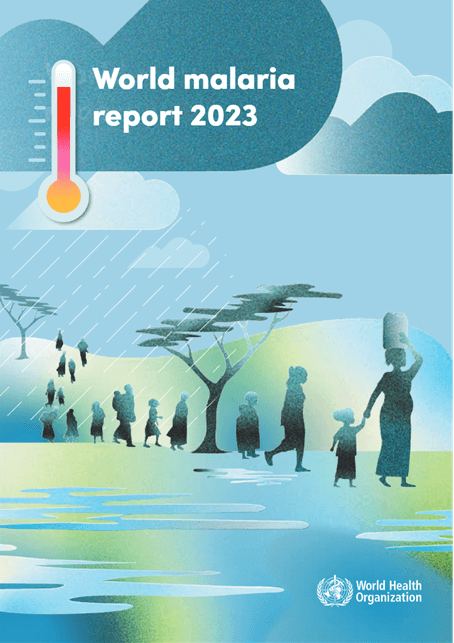
The Independent Uganda – January 03, 2024
World Malaria Report 2023: A call for concerted action to address growing threats

The Guardian Nigeria – December 12, 2023
Gene drive technology unlocks innovative potential solutions at the intersection of climate change and public health

Vox – October 20, 2022
Target Malaria’s scientists are working to rid Africa of an ancient plague

African Genetic Biocontrol Consortium – September 21, 2022
Importance of Risk Assessment in Science

GFAN – February 08, 2022
GFAN Speakers Bureau Shorts – Krystal

Africa News – March 05, 2021
In Uganda, genetically modified mosquitoes bring hope and fear



